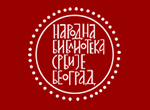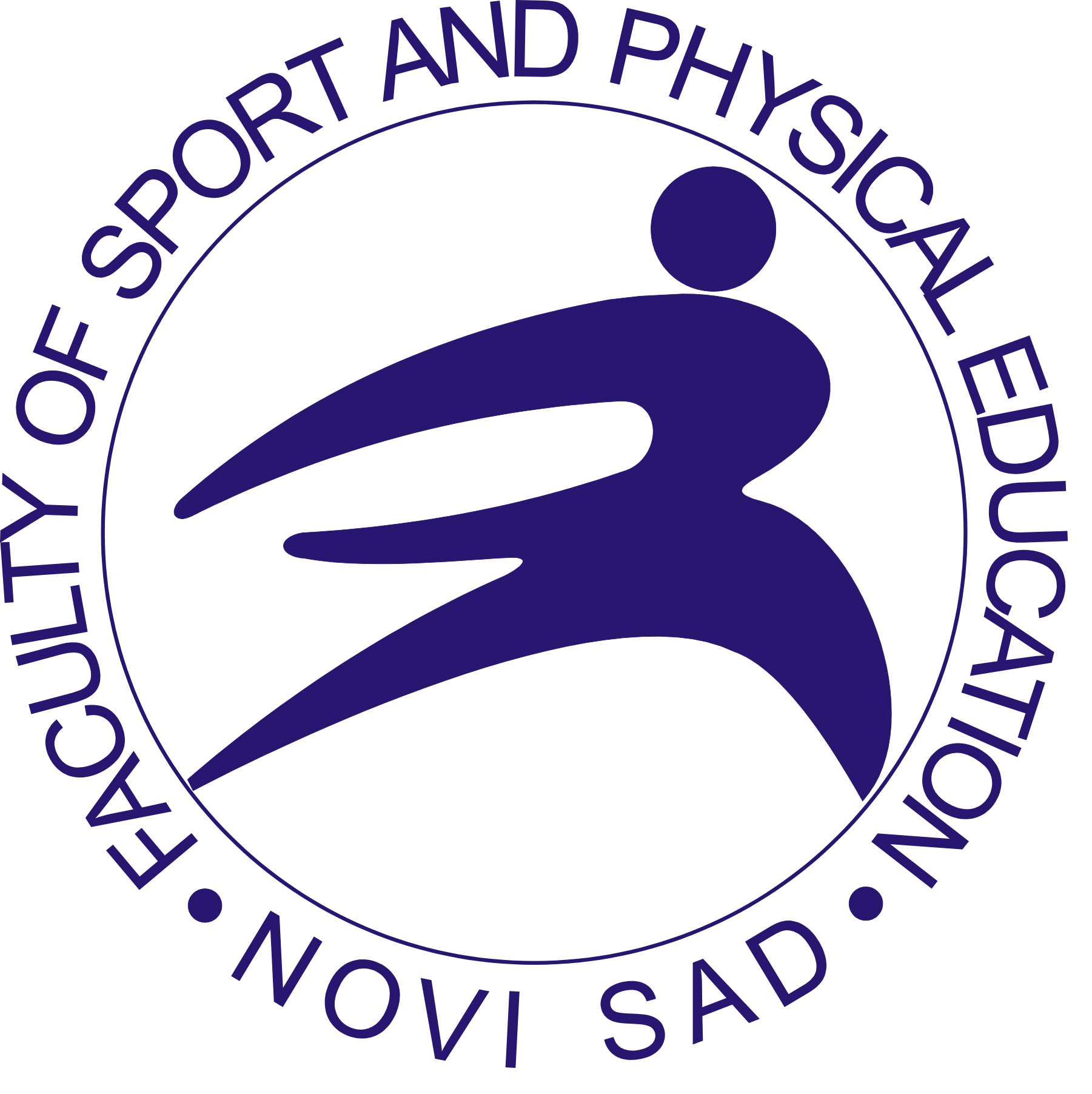
More articles from Volume 13, Issue 2, 2021
Level of physical activity and quality of life associated with health in Paraguay adults
Psychometric properties of Bull’s Mental Skills Questionnaire in a Turkish population
Effectiveness of exercise training program on postural control and quality of life in middle-aged men with unilateral lower limb amputation
The efficiency of proprioceptive training in preventing injuries to team athletes: A systematic review
Flowart, a physical activity at the level of hypermodernity, even hypomodernity
Citations

2

Damjan Jakšić, Jovana Trbojević Jocić, Stefan Maričić, Bülent O. Miçooğullari, Damir Sekulić, Nikola Foretić, Antonino Bianco, Patrik Drid
(2022)
Mental skills in Serbian handball players: In relation to the position and gender of players
Frontiers in Psychology, 13()
10.3389/fpsyg.2022.960201
Bülent O. Miçooğullari, David J. Edwards, Rıdvan Ekmekçi
(2021)
Psychometric properties of Bull’s Mental Skills Questionnaire in a Turkish population
Exercise and Quality of Life, 13(2)
10.31382/eqol.211202Psychometric properties of Bull’s Mental Skills Questionnaire in a Turkish population
 ,
,
Nevşehir Hacı Bektaş Veli University, Physical Education and Sport Department, Nevşehir, Turkey
University of Zululand, Psychology Department, KwaDlangezwa, South Africa

Pamukkale University, Sport Science Faculty, Sports Management Department, Denizli, Turkey
Abstract
The purpose of this research was to examine the reliability and validity of Bull’s Mental Skills Questionnaire (BMSQ), measuring seven psychological skills resulting in a total scale score, within Turkey. The sample consisting of 163 males and 131 females, totaling 294 athletes, completed the 28 item BMSQ. Exploratory factor analysis (EFA) and confirmatory factor analysis (CFA) were undertaken. EFA results yielded a satisfactory seven-factor solution, the same as the English version. Cronbach alpha (α) reliability indices were as follows: concentration ability (0.71), anxiety and worry management (0.63), relaxation ability (0.69), imagery ability (0.73), self-confidence (0.72), motivation (0.64) and mental preparation (0.52). The BMSQ explained 62% of the total variance. Moreover, model fit indices calculated during CFA for the 28 item and 7 sub-dimensions model of BMSQ indicated an acceptable fit [Chi-Square (ꭓ²)=541.2, df=328, ꭓ²/df=1.65, Root Mean Square Error Approximation (RMSEA)=0.05, Comparative Fit Index (CFI)=0.95, Goodness of Fit Index (GFI)=0.90, Normed Fit Index (NFI)=0.89, and Non Normed Fit Index (NNFI)=0.90]. Thus, the original 7-factor solution was supported with the data collected from Turkish participants. Results demonstrated that the BMSQ is a valid and reliable instrument for the Turkish population.
Keywords
References
Citation
Copyright

This work is licensed under a Creative Commons Attribution-NonCommercial-ShareAlike 4.0 International License.
Article metrics
The statements, opinions and data contained in the journal are solely those of the individual authors and contributors and not of the publisher and the editor(s). We stay neutral with regard to jurisdictional claims in published maps and institutional affiliations.
























